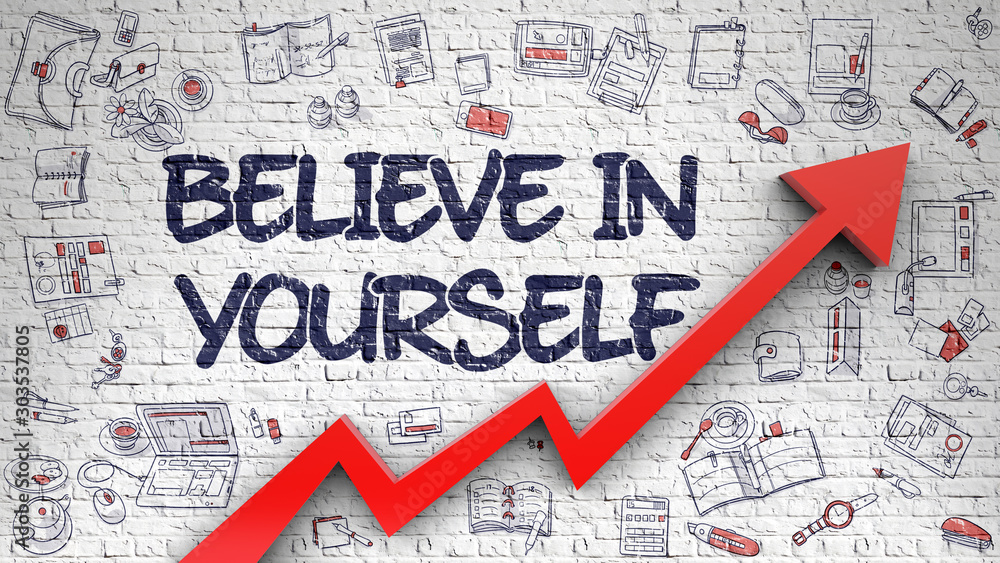
 Many people experience low self-belief. You might only be affected in particular situations, but it could limit what you achieve.
Many people experience low self-belief. You might only be affected in particular situations, but it could limit what you achieve.
Low self-belief can result in:
Low self-belief may mean that one negative or disappointing experience affects how you feel about yourself. This can cause a self-perpetuating cycle of negative thinking where negative expectations for the future discourage you from trying. This leads to disappointing outcomes.
Low self-belief may cause you to develop a strong critical internal voice (an 'inner critic'). This tends to express itself loudly when you're feeling distressed, overwhelmed or judged by others. This inner critic can cause significant personal distress by contributing to feelings of sadness, anxiety or anger.

Believing your inner critic can cause you to:
This can affect your life in many ways such as by reducing your university performance due to fear or negativity.
For example, if you're lacking self-belief and receive a low mark for an assignment, you may think, "What else could I expect? I'm stupid. This proves it, and I might as well leave."
 If you have healthy self-belief and receive a low mark, you may think, "I wonder where I went wrong? I'll find out so that I can do better next time." Although you may feel disappointed by the low mark, you don't feel diminished as a person.
If you have healthy self-belief and receive a low mark, you may think, "I wonder where I went wrong? I'll find out so that I can do better next time." Although you may feel disappointed by the low mark, you don't feel diminished as a person.
It can also interfere with your personal relationships and make communication difficult.
Adapted from: University of Queensland (2019) Self-esteem and self-confidence. Available at: https://my.uq.edu.au/information-and-services/student-support/health-and-wellbeing/self-help-resources/self-esteem-and-self-confidence (Accessed: 14 May 2020)